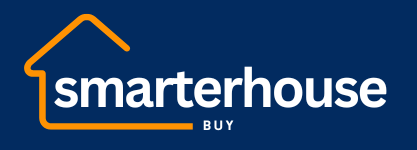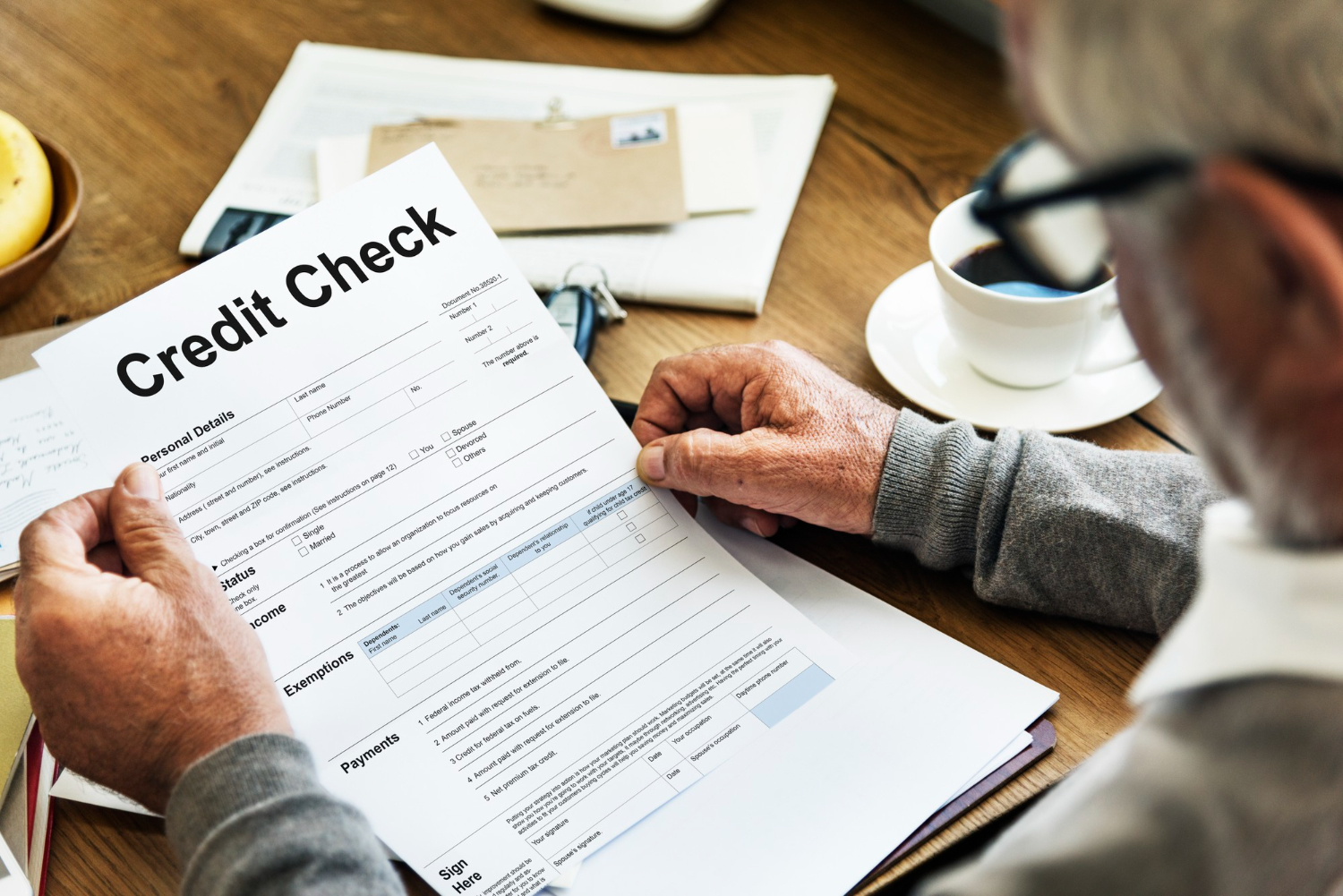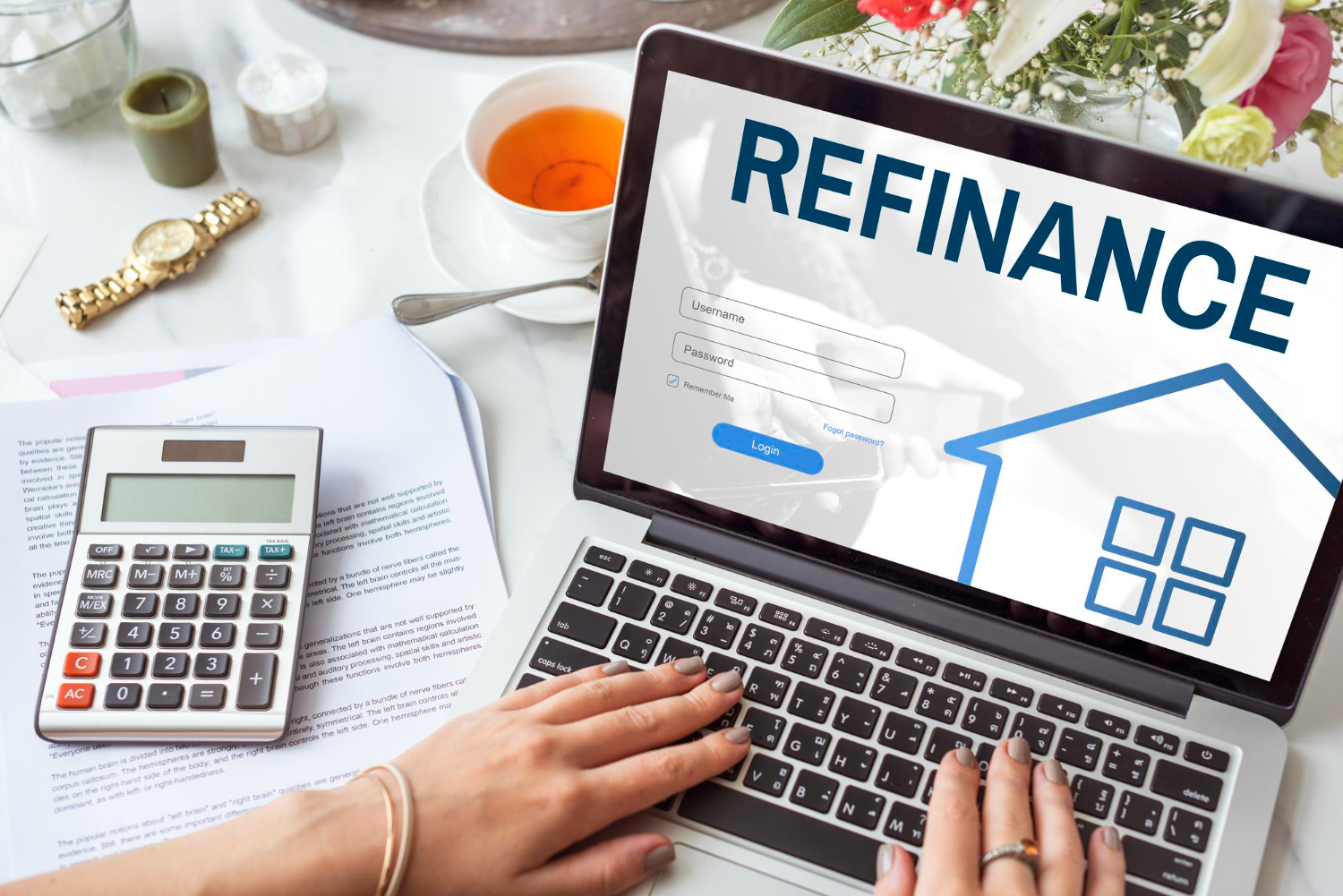Here’s an in-depth description for “Understanding Closing Costs and How to Minimize Them.” This article breaks down what closing costs entail and provides actionable tips for reducing them to save on your home purchase or refinance.
Understanding Closing Costs and How to Minimize Them
When buying or refinancing a home, closing costs can add a significant expense to the process. Typically ranging from 2% to 5% of the loan amount, these costs cover fees for services, paperwork, and administrative tasks associated with closing your mortgage. Knowing what makes up closing costs and how to minimize them can save you thousands. Here’s a guide to understanding closing costs and strategies to reduce them.
What Are Closing Costs?
Closing costs are fees associated with finalizing a home loan, paid at the time of closing. These costs can vary depending on the loan type, lender, and location, but they generally fall into these main categories:
- Lender Fees: Fees for processing, underwriting, and closing the loan.
- Third-Party Fees: Charges for services provided by third parties, such as appraisals, title insurance, and credit reports.
- Prepaid Costs: Expenses related to property taxes, homeowners insurance, and mortgage insurance (if applicable) that must be paid upfront.
Common Closing Costs
| Cost Type | Description |
|---|---|
| Loan Origination Fee | Charged by the lender for processing the loan, typically 0.5% – 1% of the loan amount. |
| Appraisal Fee | Pays for a professional appraiser to assess the property’s market value. |
| Title Insurance | Protects against disputes over property ownership. Usually required by the lender. |
| Credit Report Fee | Charged to obtain the borrower’s credit report. |
| Homeowners Insurance | An upfront payment for a homeowners insurance policy, usually covering the first year. |
| Property Taxes | Often paid upfront at closing, based on the property tax rate and closing date. |
| Prepaid Interest | Covers the interest accrued from the closing date until the first mortgage payment. |
How Much Are Closing Costs?
Closing costs can vary, but they typically range from 2% to 5% of the loan amount. For instance, on a $300,000 loan, closing costs might be between $6,000 and $15,000.
How to Minimize Closing Costs
- Shop Around for Lenders Different lenders charge different fees. By comparing offers, you can find one with the lowest overall costs. Ask each lender for a Loan Estimate, which provides an itemized list of all estimated fees.
- Negotiate with Your Lender Some fees, like the origination fee or application fee, may be negotiable. Lenders may be willing to waive or reduce these fees, especially if you have a good credit score or a strong financial profile. It’s worth asking for reductions or fee waivers.
- Ask for a Closing Cost Credit Some sellers are willing to offer a closing cost credit as an incentive to buy the property, especially in slower markets. This credit is a portion of the sale price that the seller applies toward your closing costs, reducing your out-of-pocket expense.
- Choose a No-Closing-Cost Mortgage Some lenders offer a no-closing-cost mortgage, which means the lender covers the upfront fees. However, these loans often come with a higher interest rate or add the closing costs to your loan balance, meaning you’ll pay more over time. Evaluate if the long-term cost increase outweighs the immediate savings.
- Bundle Services Where Possible If your lender offers in-house title and escrow services, bundling them may reduce costs. Be cautious, though, and make sure the bundled rate is competitive by comparing it to standalone providers.
- Get a Good Faith Estimate and Review It Carefully Lenders provide a Good Faith Estimate (GFE) within three days of receiving your loan application. Review it to understand each fee and check for unnecessary or excessive charges. If a fee seems too high, ask your lender to clarify or negotiate.
- Schedule Your Closing Date Strategically Closing near the end of the month can reduce prepaid interest, as there will be fewer days left in the month to cover. This timing strategy can reduce the upfront interest you’re required to pay at closing.
- Avoid Optional Add-Ons Certain optional add-ons, like discount points, can increase closing costs. While discount points lower your interest rate, they add an upfront cost. Assess whether buying points is beneficial for your situation or if you’d be better off without them.
- Use Your Real Estate Agent’s Connections Real estate agents often have relationships with title companies, inspectors, and other service providers. They may be able to recommend vendors who offer competitive rates, potentially saving you money on third-party fees.
- Consider Rolling Closing Costs into the Loan If you don’t have enough cash on hand, some lenders allow you to roll closing costs into your loan balance. This option may reduce your upfront expense, though it will increase your total loan amount and, ultimately, the amount of interest paid over time.
Are Closing Costs Tax Deductible?
Certain closing costs, like property taxes and mortgage interest paid at closing, may be tax-deductible. Keep records of these expenses, and consult a tax professional to see if you’re eligible for deductions based on current tax laws.
Conclusion
Closing costs can be a substantial expense, but understanding what they entail and following strategies to minimize them can help you save significantly. By shopping around, negotiating fees, and timing your closing strategically, you can make the closing process more affordable and start your journey as a homeowner with a stronger financial footing.




